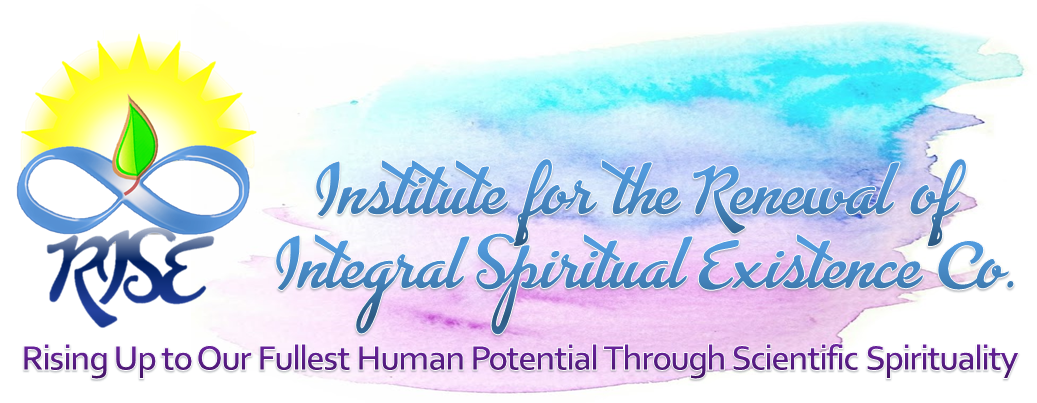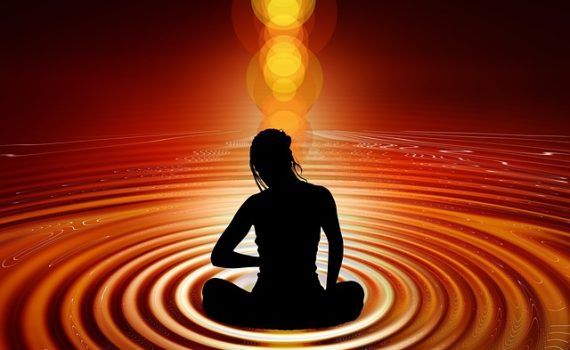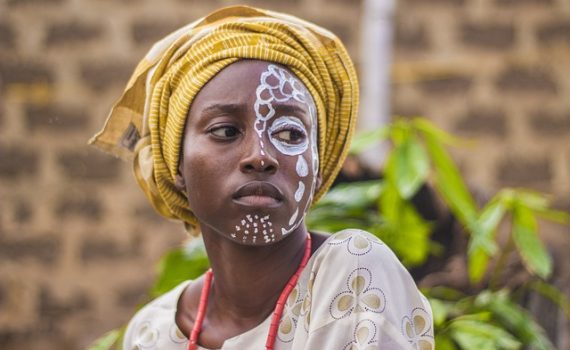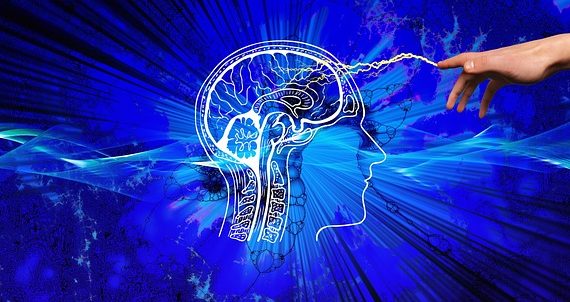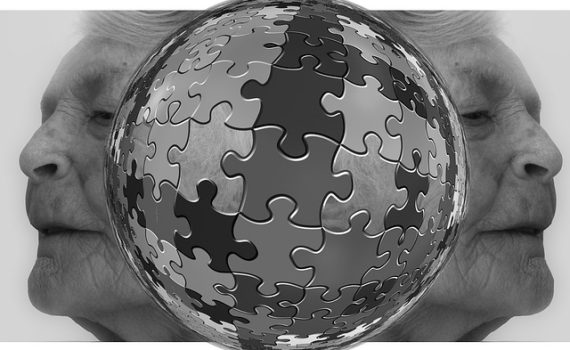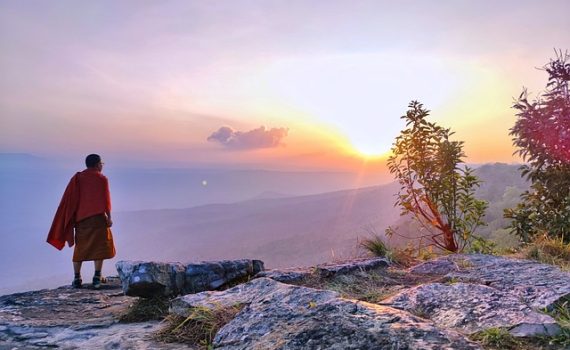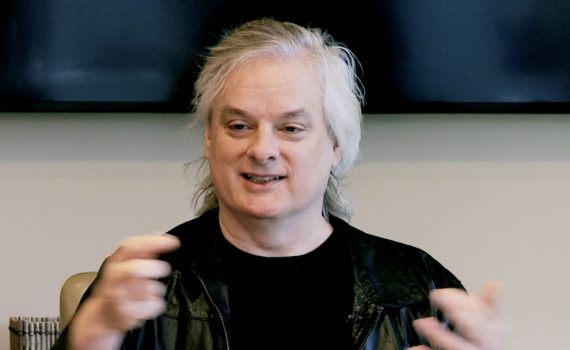The article “Science as We Know It Can’t Explain Consciousness, but a Revolution is Coming” discusses the limitations of current scientific paradigms in fully understanding consciousness. It highlights the ongoing debate surrounding the “hard problem” of consciousness, which questions why and how subjective experiences arise from physical processes in the […]
Nicanor Perlas
The article discusses the intricate relationship between body, mind, and consciousness in the context of healing, emphasizing that true healing transcends mere physical recovery and involves achieving wholeness and balance among these elements. It highlights that instability in the body-mind can lead to self-discovery and altered states of consciousness, particularly […]
The article explores the rising significance of authenticity for Generation Z, particularly in an era increasingly dominated by artificial intelligence and digital interactions. As this generation navigates a landscape rife with misinformation and curated online personas, they have developed a keen ability to discern genuine content from the artificial. Research […]
Researchers at Tohoku University have found that fungi exhibit signs of decision-making and memory, challenging traditional views on intelligence in organisms without brains. The study observed how a wood-decaying mycelial network responded to different arrangements of wood blocks, revealing that the fungi adjusted their growth patterns based on the layout. […]
The article discusses the mental health benefits of engaging with nature, highlighting a 24-kilometer walk in Kielderhead National Nature Reserve, England. Research indicates that proximity to nature correlates with lower mental health issues, and daily interactions with natural elements can significantly enhance well-being. The hike starts early to maximize morning […]
The article delves into the intricate relationship between the mind, brain, and body, emphasizing that the mind is not static but an ongoing construction influenced by external sensory data, internal bodily signals, and past experiences. It challenges traditional views that assign specific mental functions to distinct brain regions, instead arguing […]
“The Holotropic Mind” by Stanislav Grof explores the complexities of human consciousness through a framework that identifies three distinct levels: the biographical, the perinatal, and the transpersonal. Drawing from over fifty years of research into non-ordinary states of consciousness, Grof argues that these levels shape our psychological experiences and emotional […]
The article explores the essential role of storytelling in helping individuals and societies make sense of their experiences and the world around them. It illustrates how narratives, whether personal anecdotes or cultural myths, provide frameworks for understanding social norms and unexpected events. Through examples from the Kri community in Laos, […]
The article from BBC Future delves into the scientific feasibility of time travel, examining both forward and backward possibilities through the lens of physics. It explains that while traveling into the future is theoretically achievable by moving at speeds close to light or experiencing intense gravitational fields—concepts rooted in Einstein’s […]
The Supraconsciousness Network presents the Integrated Theory of Consciousness, which posits that a singular, infinitely energetic substance underlies the universe, encompassing six interdependent properties: matter, energy, space, time, consciousness, and intelligence. This theory integrates concepts from quantum mechanics, general relativity, and evolutionary biology to propose that consciousness is not merely […]
In “The Paradox of Self-Consciousness,” Markus Gabriel examines the intricate relationship between self-awareness and our understanding of consciousness within the broader context of the universe. He argues that self-consciousness presents a fundamental paradox: as we reflect on our own thoughts and experiences, we inevitably alter our mental state, complicating our […]
In “The Language of Mind,” David Chalmers discusses the complexities of consciousness, particularly in relation to both human and AI systems. He distinguishes between the “hard problem” of consciousness—understanding how subjective experiences arise from neural processes—and the “meta-problem,” which examines why we perceive consciousness as a problem at all. Chalmers […]
